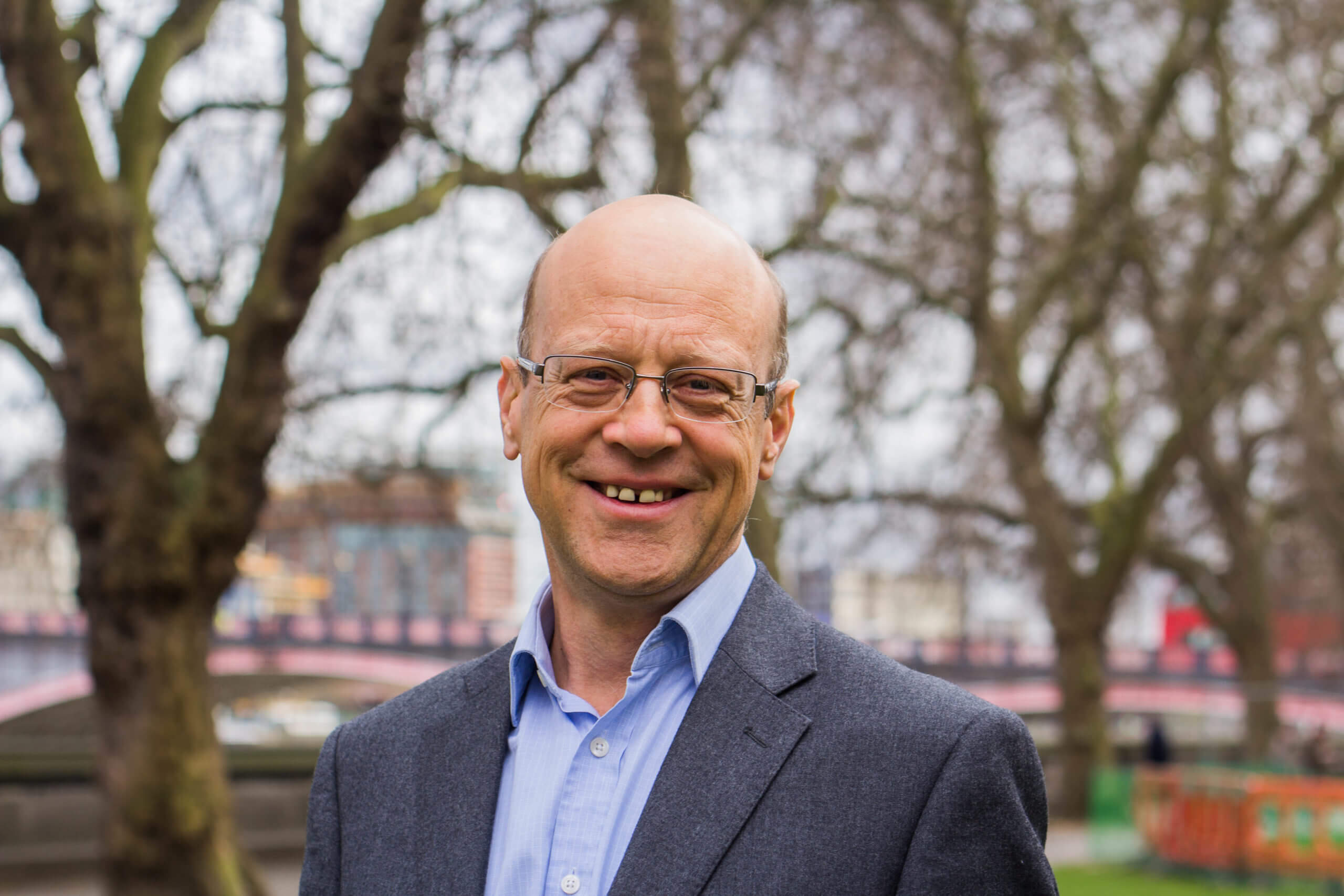
Money and Mental Health’s Director, Polly Mackenzie, is on maternity leave. Here we introduce our Interim Director, Simon Crine.
Introducing: Simon Crine
So why would you take a six month job as interim director of a brand new and brilliant, money and mental health think tank? To me – and those of a certain age – it was a Mrs Merton kind of question. Why would you not? Mental health has never had a hearing like this before, and money worries can dominate our lives, whether we are talking about the needs of people who are – in the Prime Minister’s now famous words ‘just about managing’ or those in real financial hardship – the potential to make a difference is huge.
The story so far
In just a year Martin Lewis and Polly Mackenzie have established the Institute as a key player in the mental health and ‘vulnerable consumer’ debate. The Institute has helped mental health to move even higher up the public policy agenda with major publications on the burden of GP charges (for obtaining the Debt and Mental Health Evidence form), the lack of ‘control options’ to limit spending in a period of poor mental health and the case for strengthening the role of trusted friends who can help with financial management. It has reached out to other established players in the money and mental health space, and built new alliances. These quite rightly go across traditional dividing lines in political parties and between the public, private and not-for-profit sectors.
My time at the helm
In my short time standing in for Polly, I intend to push the research and policy work along with a talented team, for it is research, evidence and practical proposals which will change the minds of businesses and politicians not railing against broader injustices. I also intend to continue to reach out to others in the money and mental health space and to demonstrate that we are a shoulder to lean on, not a usurper of power from the many wonderful organisations already in situ. My approach is to look for evidence, build understanding, drive consensus and come up with practical solutions to knotty problems. My career has ranged across campaigning and ‘think tankery’ (setting up the National Campaign for the Arts, leading the Fabian Society), the private sector (the best part of ten years in public affairs and communications consultancy), and more recently in the public sector (economic regulation and major public projects including Ofgem, Ofcom and Digital UK). You have to talk to everyone and to know what you are talking about.
Both mental health and debt issues can cast a dark shadow, which hangs over you. If the Institute can improve public understanding of the relationship between the two and ultimately to help break the link between them, it will be doing a good job.
